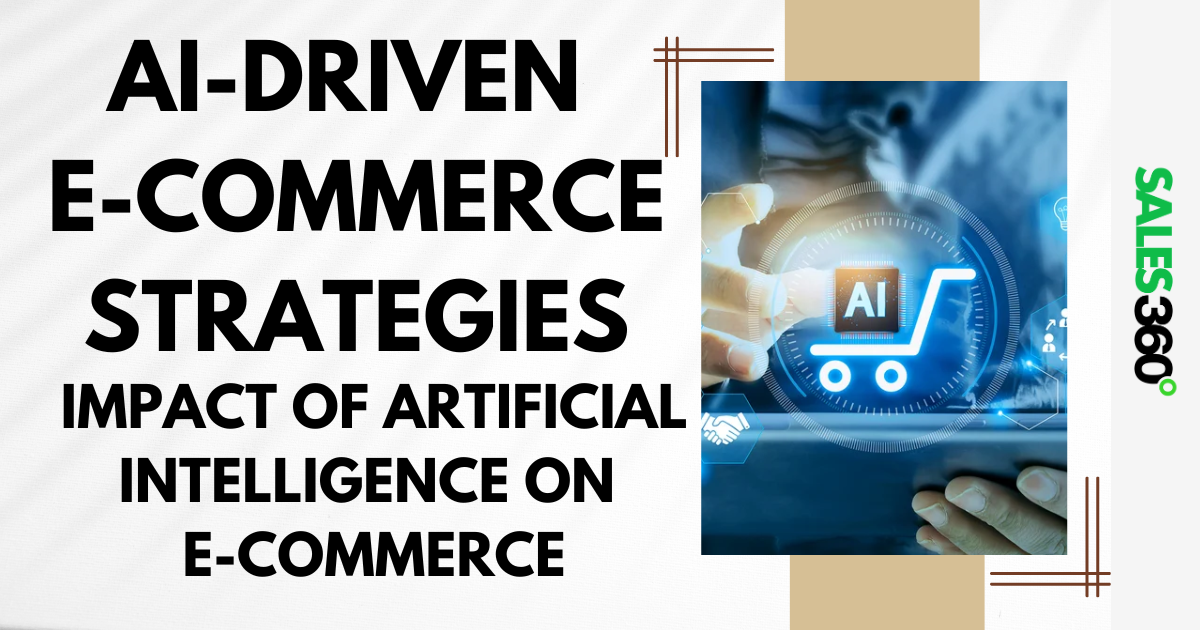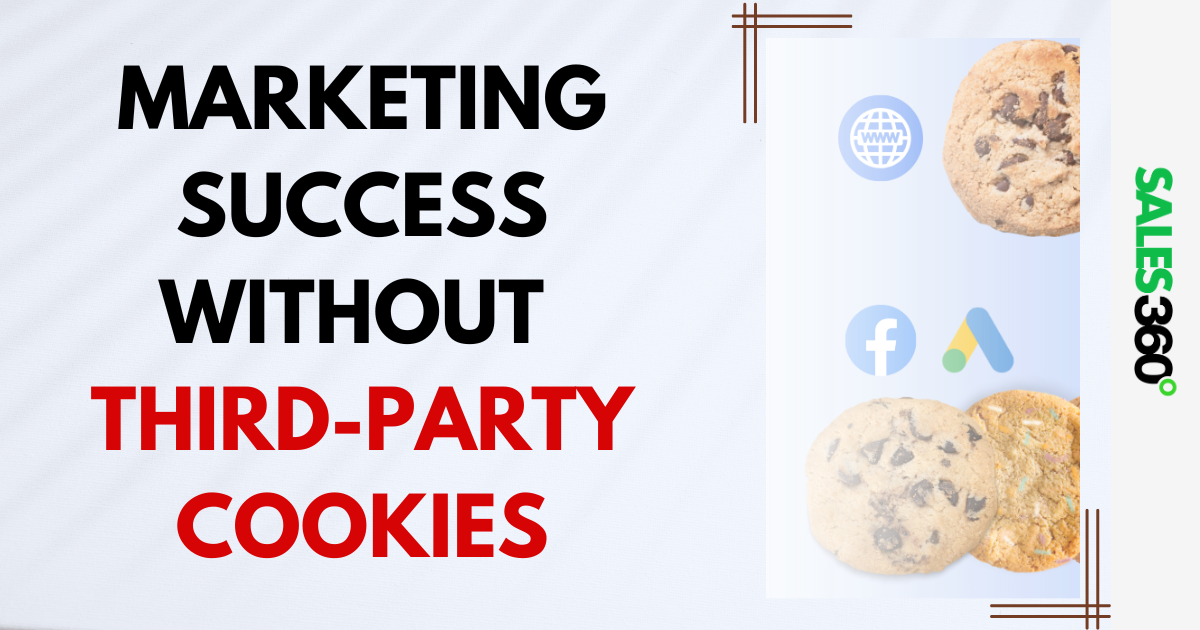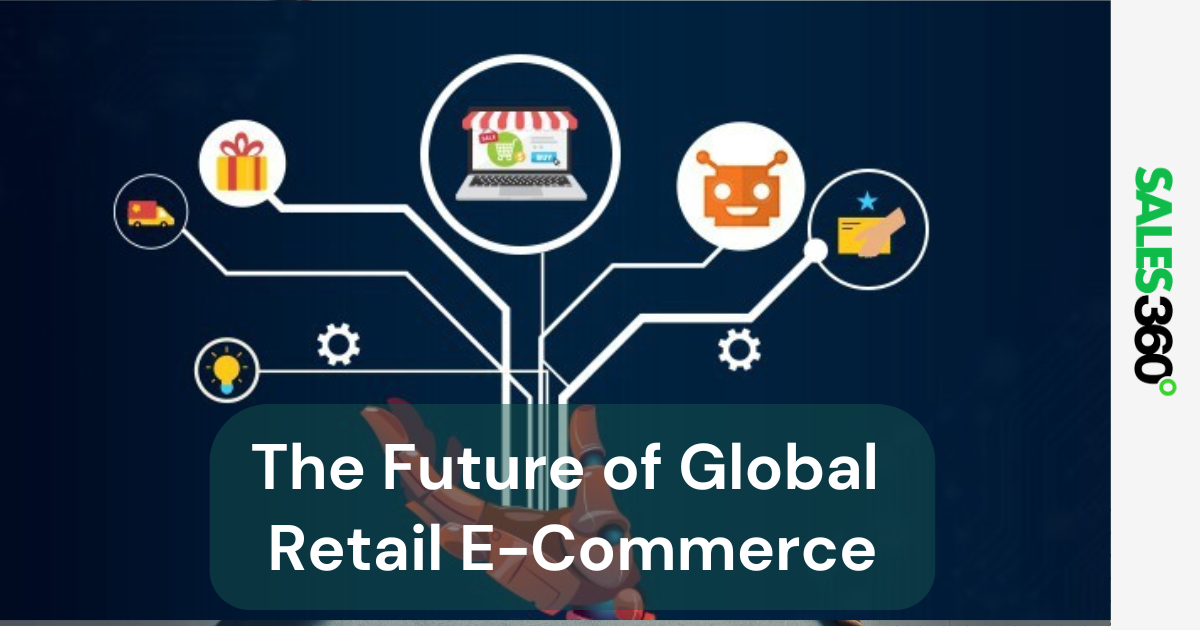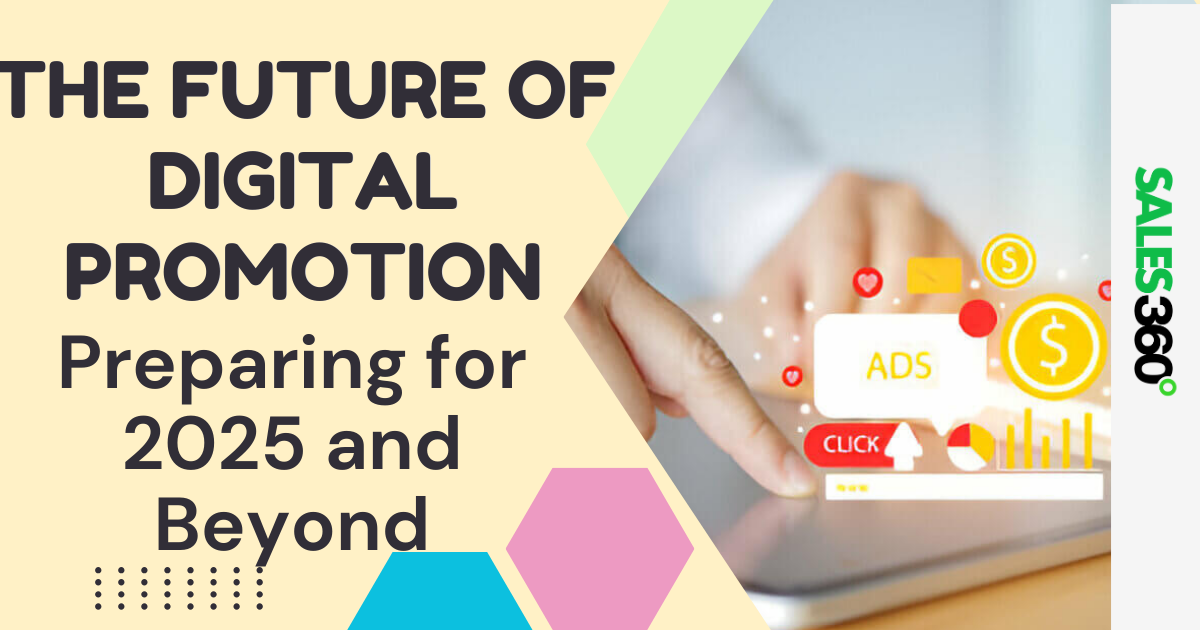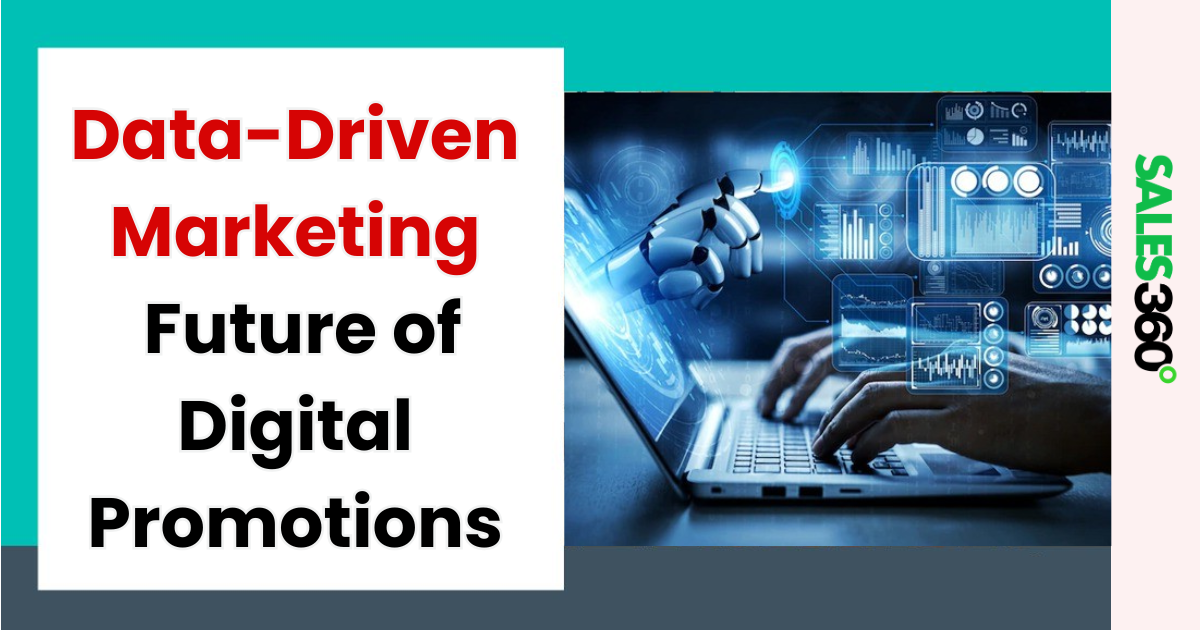
The Role of Data in Shaping Digital Promotion Strategies: An In-Depth Analysis
In today’s fast-paced digital landscape, data has evolved into one of the most valuable resources for businesses. For digital marketers, it is no longer just about reaching as many people as possible, but about reaching the right people at the right time with tailored, relevant messages. Data, when properly harnessed, can help companies create personalized, precise, and engaging digital promotion strategies that not only resonate with consumers but also drive measurable results. As a digital marketer, I’ve been particularly fascinated by how data-driven approaches are transforming the way we think about promotions, and research by McKinsey, among others, underscores the growing importance of these insights.
In fact, Gartner’s 2023 Marketing Report highlighted that businesses leveraging customer data effectively are 30% more likely to convert leads into sales. This striking statistic speaks to the immense power that data holds in today’s marketing landscape. It’s not just about gathering data but about understanding how to use it to create impactful, personalized campaigns that truly resonate with customers. Let’s dive deeper into how data is reshaping digital promotion strategies and examine some real-world applications.
Understanding the Evolution of Data-Driven Marketing
The rise of big data and the widespread adoption of digital technologies have revolutionized the field of marketing. Marketers now have access to an unprecedented amount of information – ranging from basic demographic data to complex behavioral patterns – that can be used to create finely tuned campaigns.
Data-driven marketing allows brands to move beyond generic, one-size-fits-all campaigns. Instead, they can focus on highly targeted and personalized promotional efforts. This approach ensures that the right message is delivered to the right audience at the right time, increasing the chances of engagement and conversion.
The evolution of data-driven marketing strategies is closely tied to the advancement of analytics tools. Predictive analytics, artificial intelligence (AI), and machine learning (ML) have empowered marketers to anticipate customer behaviors, forecast trends, and develop campaigns that adapt in real time to meet consumer expectations.
The Importance of Personalization in Digital Promotion
Personalization has emerged as a cornerstone of effective digital promotion strategies. A study by McKinsey found that personalization can deliver five to eight times the return on investment (ROI) on marketing spend, and can lift sales by 10% or more.
Why does personalization matter so much? It’s because today’s consumers are bombarded with content from every direction. Whether they are scrolling through social media, checking their emails, or browsing online, they are constantly exposed to marketing messages. In this noisy digital environment, generic promotions often get lost in the crowd. Personalized content, on the other hand, stands out by addressing the specific needs, preferences, and pain points of individual consumers.
The modern consumer expects brands to deliver relevant, tailored experiences. In fact, a report by Epsilon revealed that 80% of customers are more likely to do business with a company if it offers personalized experiences. By utilizing data—such as browsing behavior, purchase history, and engagement metrics—marketers can create promotions that speak directly to the unique preferences of each customer.
Case Study: Nike’s Success with Data-Driven Personalization
A prime example of personalization in action comes from Nike, a brand that has mastered the use of customer data to drive digital promotion strategies. Through predictive analytics, Nike can anticipate customer needs and preferences, allowing the brand to serve up personalized product recommendations and targeted promotions. Nike’s app, for example, uses data collected from user activity, such as workouts and product purchases, to create custom-tailored promotions for each individual.
This focus on data-driven personalization has paid off tremendously for Nike. By delivering content that feels relevant and personal, Nike has seen an increase in customer engagement, brand loyalty, and sales. According to McKinsey’s white paper on data-driven marketing, Nike’s approach is a shining example of how personalization, powered by data, can transform a brand’s digital promotion strategy.
Data as a Tool for Customer Segmentation
One of the most powerful ways data is used in digital promotion strategies is through customer segmentation. Gone are the days when marketers could rely on broad demographic categories like age, gender, or location to define their audience. With the wealth of data now available, marketers can create detailed customer segments based on factors like past purchase behavior, browsing history, social media interactions, and even psychographic data.
Customer segmentation allows marketers to create more relevant and personalized campaigns for each group. For example, a business might identify a segment of high-value customers who frequently purchase premium products. They could then create a personalized promotion that offers an exclusive discount or early access to new arrivals for this group. Meanwhile, another segment of budget-conscious customers might receive a different promotion focused on affordability and value.
This approach not only improves the effectiveness of promotions but also helps build long-term customer loyalty. By consistently delivering relevant, tailored content, brands can establish deeper connections with their customers, making them feel understood and valued.
Predictive Analytics and Forecasting: The Future of Digital Promotions
As I’ve worked with clients over the years, one of the most exciting trends I’ve seen is the rise of predictive analytics in digital promotion strategies. Predictive analytics involves analyzing current and historical data to make informed predictions about future customer behavior. This allows marketers to proactively create campaigns that align with what customers are likely to want or need.
McKinsey’s research highlights the importance of predictive analytics in crafting successful digital promotions. For example, Amazon has long been a leader in this space, using data to predict customer preferences and recommend products accordingly. Amazon’s recommendation engine accounts for a significant portion of its sales, and it’s all thanks to the company’s sophisticated use of predictive analytics.
By leveraging predictive analytics, businesses can stay one step ahead of their customers. Rather than reacting to customer behavior, they can anticipate it, creating timely, relevant promotions that drive sales and engagement. Whether it’s predicting which products are likely to trend in the coming months or identifying customers who are at risk of churning, predictive analytics can provide the insights needed to create smarter, more effective campaigns.
Real-Time Data and Dynamic Promotions
One of the most game-changing aspects of data-driven marketing is the ability to adjust campaigns in real time based on customer interactions. Real-time data enables marketers to monitor the performance of their promotions and make immediate adjustments to improve results.
For example, if a promotional email campaign is underperforming, a marketer can analyze the open rates, click-through rates, and conversion rates in real time. They can then use this data to tweak the subject line, adjust the messaging, or change the call-to-action. This ability to optimize promotions on the fly helps ensure that campaigns are as effective as possible, even as they are running.
Real-time data also opens the door to dynamic promotions, which adjust based on user behavior. For instance, if a customer is browsing a specific product category on a website, the business could automatically generate a personalized promotion for that category in real time, delivered via a pop-up or push notification. This kind of hyper-relevant, timely promotion can significantly increase conversion rates.
Case Study: Amazon’s Use of Predictive Analytics
Amazon’s success in leveraging data to power its digital promotion strategies is well-documented. The company’s recommendation engine, which is based on predictive analytics, uses data from millions of customer interactions to forecast what products each individual customer is likely to be interested in. This allows Amazon to create highly personalized shopping experiences for its customers, leading to increased sales and customer satisfaction.
McKinsey’s research highlights how Amazon’s approach to data-driven marketing can serve as a model for other businesses. By investing in predictive analytics and using customer data to forecast future behavior, Amazon has been able to consistently stay ahead of its competitors and deliver exceptional customer experiences.
The Importance of Data-Driven Automation in Digital Promotion
Automation is another key component of modern digital promotion strategies, and it’s one that is closely tied to data. By using data to automate marketing processes, businesses can deliver more timely and relevant promotions while also reducing the manual workload on their marketing teams.
For example, automated email marketing campaigns can be triggered by specific customer actions, such as making a purchase or abandoning a shopping cart. These automated campaigns can be personalized based on the customer’s behavior, ensuring that each individual receives content that is relevant to their needs.
Automation also plays a crucial role in retargeting campaigns. When a customer browses a website but doesn’t make a purchase, automated retargeting ads can be served to that customer across other digital channels, reminding them of the products they viewed and encouraging them to complete their purchase.
Conclusion: Embracing Data for Smarter Digital Promotions
As a digital marketer, I’ve seen firsthand how data can transform digital promotion strategies. Whether it’s through personalization, customer segmentation, predictive analytics, or automation, data provides the insights needed to create more effective, relevant, and engaging campaigns.
McKinsey’s research, along with insights from other industry leaders, makes it clear that data is no longer just an asset—it’s a necessity for businesses looking to succeed in today’s competitive digital landscape. By embracing data-driven strategies, companies can not only improve their promotional efforts but also build stronger relationships with their customers, driving long-term growth and success.

